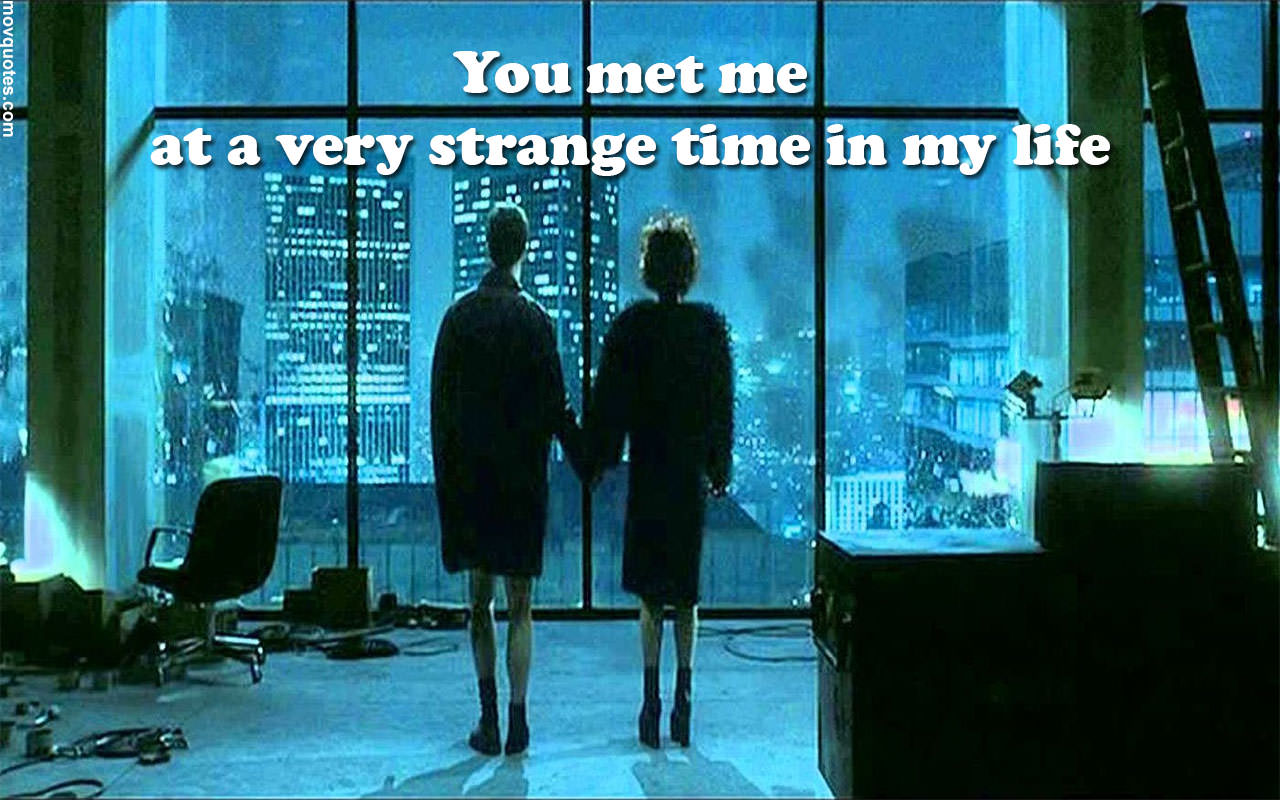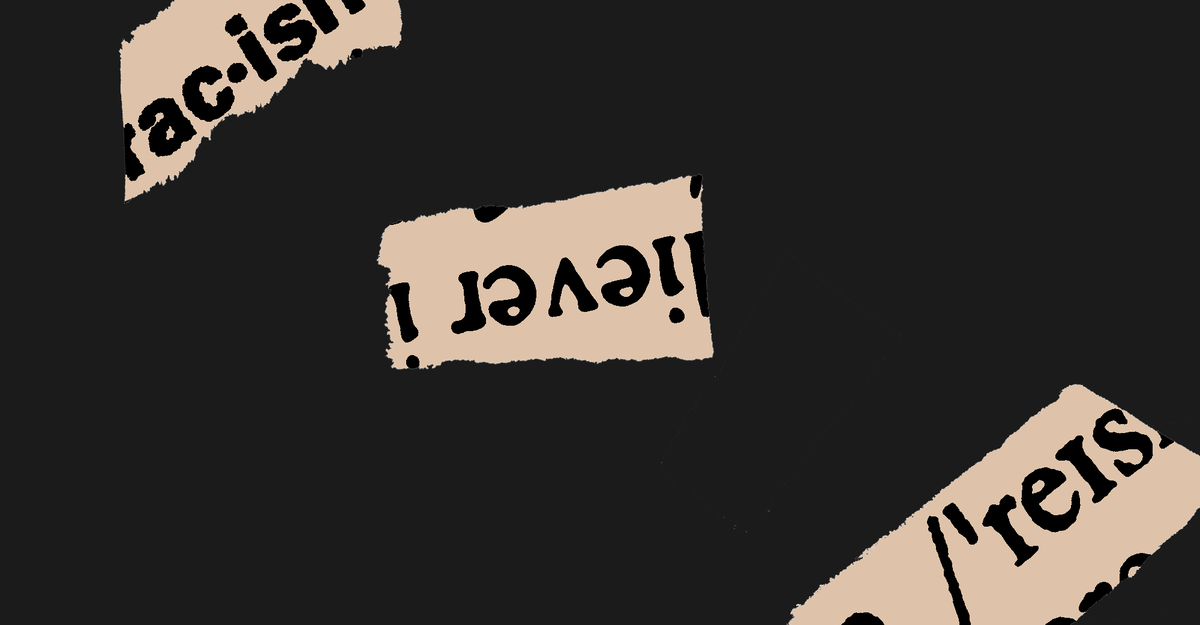- Joined
- Feb 15, 2007
- Messages
- 1,480
- Reaction score
- 1,006
I’m a doctor, and if you are still insisting a less powerful demographic can’t be racist you are wrong
It is not racism (by the operational definition above...), it is something else you're tapping into (as I stated previously, xenophobia, discrimination, prejudice, etc.). Again, we're talking high-level, deeply introspective perspective, with all your own personal bias on the table (not generally arrived at, by most...you have to want to see the truth, in order to accept it). The less powerful demographic will NEVER take the majority perspective in a society (nor receive the same treatment as the majority race by everyone around them. Case in point: Advertising - when one does not see ads of individuals who look like them, you simply do not adopt the majority perspective).
What kind of doctor, your specialty - may I ask?
Then, I can provide you a psychosocial global example of what you and I are both trying to convey (remember, as stated above....I studied this topic for 10+ years/longer even, since childhood - as I am an ethnic minority, raised in the U.S.,...and still am [studying this topic] in my current research, as a sidebar...my specialty is working with individuals with severe mental illness).
Last edited:



